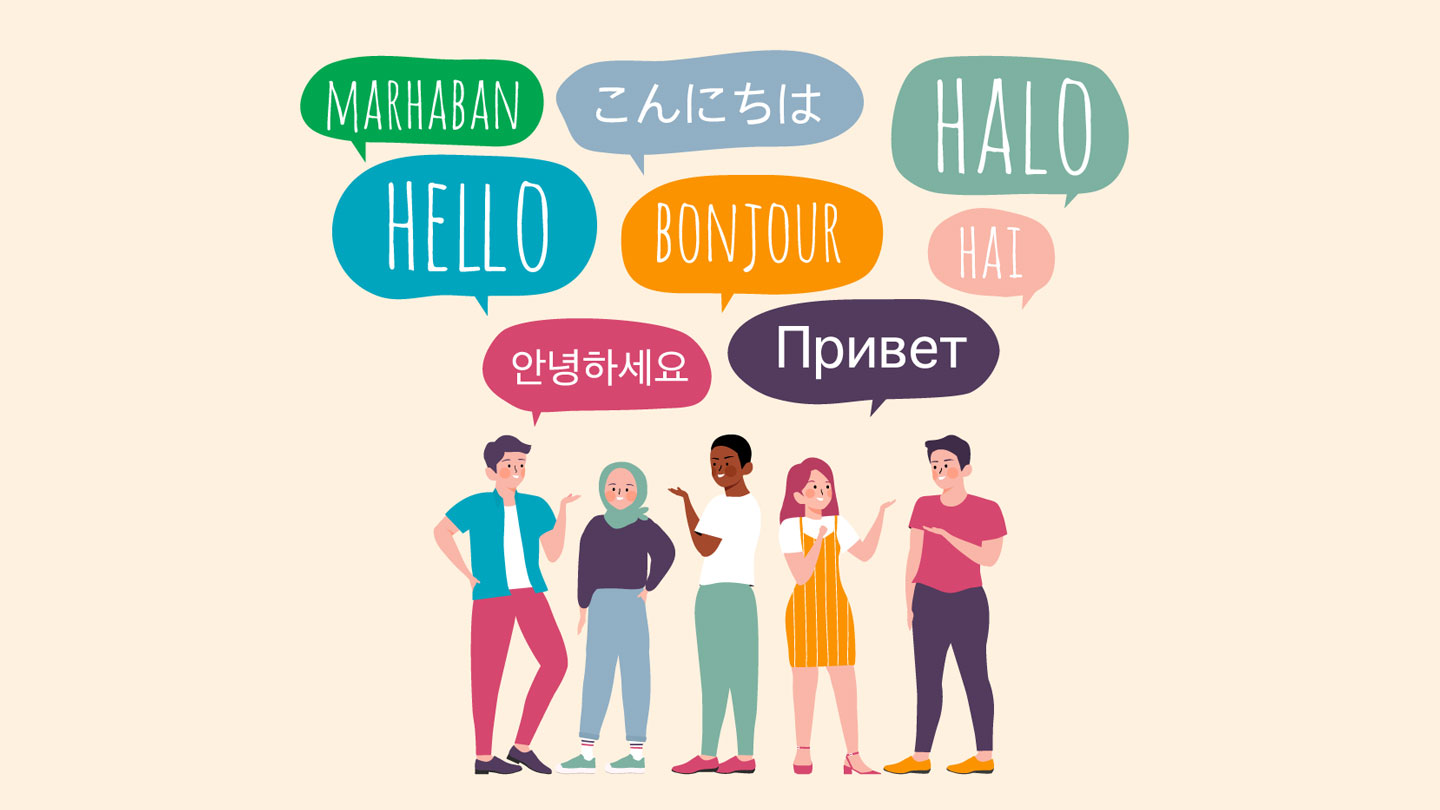According to neuroscientist Alfred Anwander of the Max Planck Institute for Human Cognitive and Brain Sciences in Leipzig, Germany, the language we learn growing up has a lasting biological impact on our brains. Anwander explains that “the specific difficulties [of each language] leave distinct traces in the brain,” resulting in different white matter networks. Every human language uses a different set of tricks to express itself, with some using rich systems of suffixes and prefixes to build dense words, while others change how words sound or how they are arranged within phrases to create meaning. Our brains process these tricks in a constellation of brain regions connected by white matter, which routes long, cablelike nerve cells from one part of the brain to another and speeds up communication between them. While the large-scale structure of the brain’s language circuit is universal, every language has its own unique challenges. Wiring brain regions together in this way is part of how we learn, with the more often we use a connection, the more robust it becomes. This post was originally published on www.sciencenews.org on 2023-03-29 08:00:00.
The brain adapts to native language by rewiring itself
